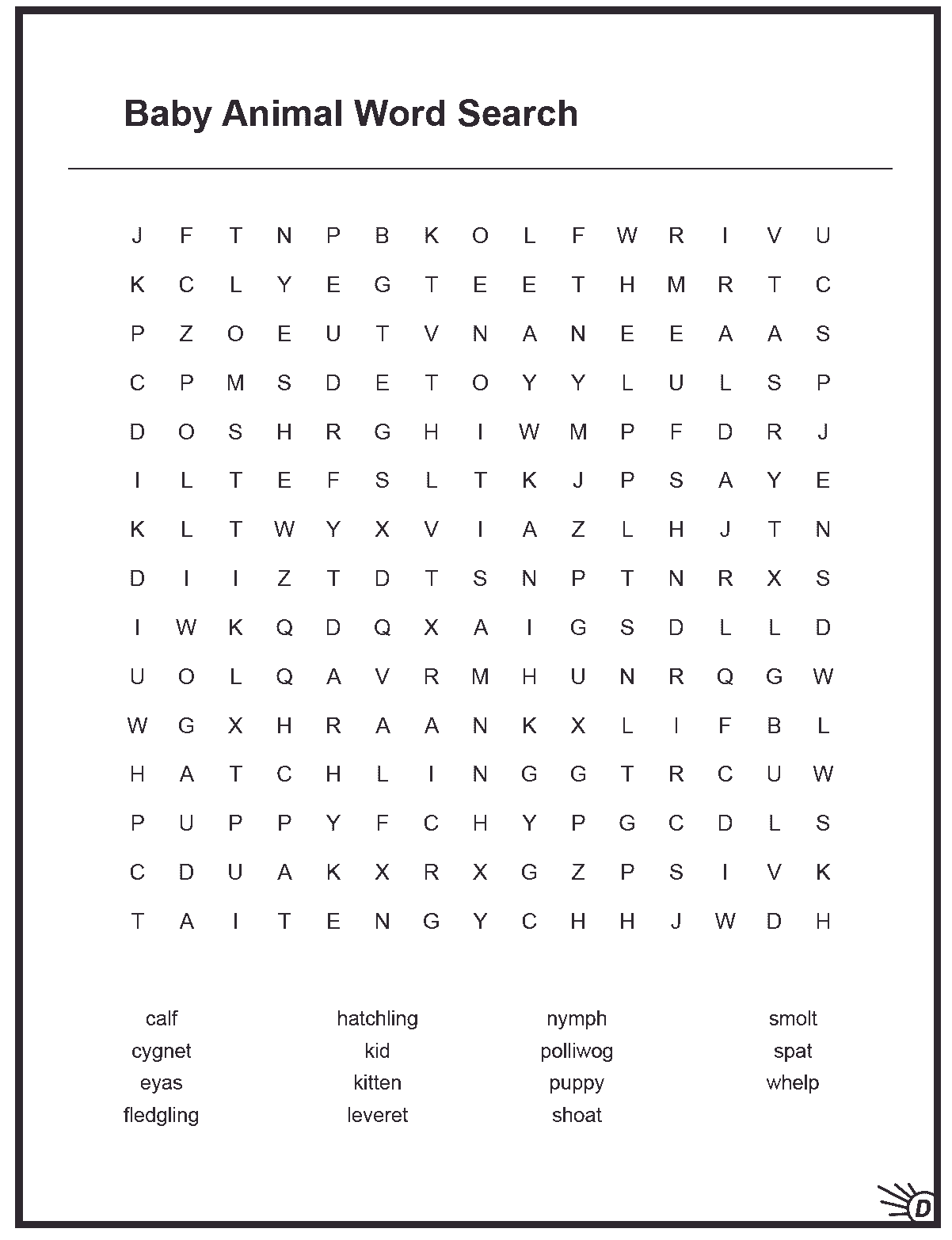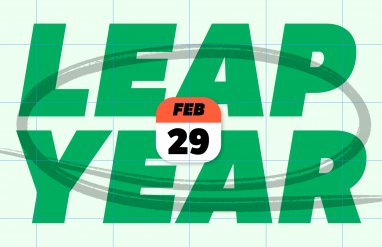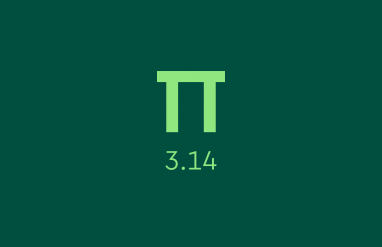Help your students learn scientific vocabulary with these learning games! Science and English meet in these activities for elementary students that will help them understand the language of scientists and researchers.
Access all of our educational videos for free on our YouTube page!
💡 Learning animal vocabulary
First, watch this video about words for baby animals.
WATCH: How Well Do You Know Your Baby Animals
Activity 1: Complete this word search. Find the words they learned about in the video. Click the image to get the printable word search PDF.
Activity 2: Read and draw baby animals. Parents and teachers: write each one of the baby animal words on its own piece of paper. Then, have each child draw a picture of the baby animal that goes with each word.
Activity 3: Take this quiz about reptiles and amphibians. Do you know these words?
Activity 4: Draw a made-up animal.
Have each person take a piece of construction paper and some drawing tools. The animals can be combinations of animals or something completely random and new!
- Have each person name their animal. Write the name (and the spelling of the name you think it has) on the paper. Help each child write their name if needed. (Hint: read this slideshow about funny, but real, animal names to help ignite your creativity!)
- Have each person try to pronounce the name of the animals. Pick the pronunciation you like best!
💡 Learning about word origins

Activity 1: What comes to mind when you hear the word Mars?
- A red planet? The home of tiny green aliens? A scrumptious candy bar?
- Read this article together to discover the origin of the word Mars: Why Is Planet Mars Named “Mars”?
Activity 2: Write a list of the other planets in our solar system.
- Look up each name on Dictionary.com and find their origins.
- Help each child make a chart to record the information.
- Keep the chart in a safe place. You might use it for another activity!
Activity 3: What do the planets and days of the week have in common?
- Watch this video find out!
WATCH: Where Did The Days Of The Week Get Their Names?
Constellation search

The names of constellations have interesting origins, too!
Activity 1: Look up different constellations and research their word origins on Dictionary.com. (Orion, Cassiopeia, Ursa Major, and Scorpius are great places to begin!)
Activity 2: Visit earthsky.org to learn which constellations should be visible from your area this time of year. On a clear night, try to find a constellation in the sky. What does each constellation look like? Does it look like the object or legend it was named for?
Indoor constellations
If the weather does not cooperate or you live in a place with a lot of light pollution, you can make your own constellations.
Activity 1: Make a flashlight constellation.
- Find a visual reference for a constellation.
- Have each child use a toothpick to punch holes into a paper place in the shape of the constellation. Each hole represents one star. The brightest stars should be the biggest holes.
- Shine a flashlight through the plate toward the ceiling.
- Turn out the lights and stargaze!
💡 Learning about abbreviations & acronyms
Abbreviations and acronyms are all over the internet. Learn about the differences between them and why we use them with the activities below.
Activity 1: How are the words scuba, radar, and UNICEF alike?
- Click on each link and scroll down to the Origin section of the definition page to find out.
- (Answer: They are all acronyms, or words formed from the letters in a series of words. Acronyms are pronounced as words, not single letters.)
Scientific language often uses acronyms and abbreviations to shorten complicated words and phrases.
Activity 2: Guess the meaning of each abbreviation below. Then read the definition page for each word to learn more about each term.
Psst! Parents and teachers, check out this helpful article on abbreviations:
Activity 3: I spy
Can you make up your own abbreviations and acronyms on the spot? Take turns selecting objects around the room.
Instead of giving descriptive clues, stump others by naming the object with an acronym or abbreviation. For example: “I spy with my little eye . . . a ReSo!” (red sofa)
Activity 4: Acrostic poems
What if the letters of our names stood for something else? Choose different people to write about and write each first name vertically on a sheet of paper. Then, think of phrases whose individual words begin with each letter. For example, Dan could stand for “Dances all night.” Phrases can be accurate or funny!
Psst! Parents and teachers, check out these helpful resources for writing acrostic poems:
- Positive Words That Start With A, B… And All The Way Through Z for Zingy
- Negative Words That Start With A, B, And Every Other Insufferable, Horrid Letter
💡 Learning about roots & affixes
Some scientific and technical words may seem difficult at first, but they often have word parts that give clues about their meanings. Knowing the meanings of common roots and affixes can help us figure out the meanings of longer words.
Let’s try it out with the word astronomy.
Activity 1: Answer the following questions and click each link to check your understanding.
- Astro- is the root, or the main part of the word. What does astro- mean?
- The word part -nomy is a suffix. What does -nomy mean?
- Now put the meanings together. What does astronomy mean?
- Look up the word astronomy to see if your guess is correct!
Activity 2: Now go to the Word of the Day entry for astronaut and watch the video “Explorers Wanted.” Answer these questions:
- Which root do you see in the word astronaut? (HINT: Think about the word astronomy!)
- What does an astronaut do?
- Would you like to be an astronaut? Why or why not?
💡 Learning about scientific vocabulary

Science has some complicated vocabulary! Complete the activities below to learn some new scientific words and how to use them.
Activity 1: Do you know the word meteorology?
Meteorology has two parts. The word meteor comes from a Greek word meaning “something up high” and –ology means “the science of.” What does meteorology mean? It is the science of weather!
Activity 2: Dictionary.com is a great resource for scientific vocabulary! Practice using the search tool to find the entries for the following words:
Activity 3: Read the following article: “Cyclone vs. Typhoon vs. Hurricane: Are They All The Same?”
- Write and illustrate definitions for cyclone, typhoon, and hurricane on pieces of paper.
- Then put the papers together to make a book. Use it to explain the words to another family member or friend!
Activity 4: Science word wall
Have you ever seen a big list of vocabulary words on a classroom wall? Teachers use Word Walls as a way to help children remember important vocabulary! The more a child is exposed to a word, the more likely they are to retain it. You can make a Word Wall in the classroom or at home.
- Pick out vocabulary words relevant to the children’s studies and interests.
- Write the words on index cards, sticky notes, or strips of paper. Use a variety of colors and fonts—even illustrations, if you’d like!
- Decide on a high-traffic location to hang them.
- Change the words every week or two and watch everyone’s vocabulary grow!
Activity 5: Encourage each child to keep track of any unfamiliar words as they are reading by writing them down, looking up the definitions, and recording them in a Word Log.
Remind students to add to their Word Log as they encounter new words in their academic studies and daily interactions!















